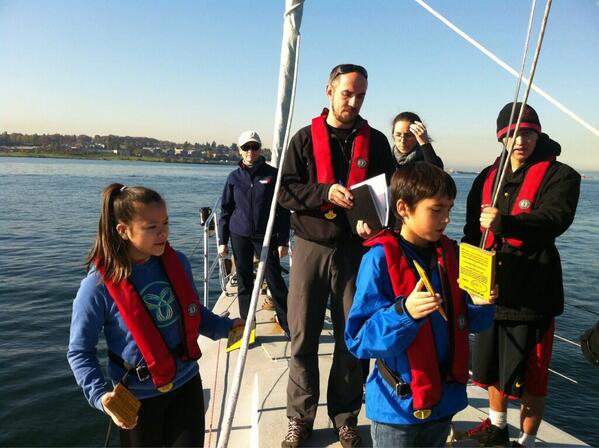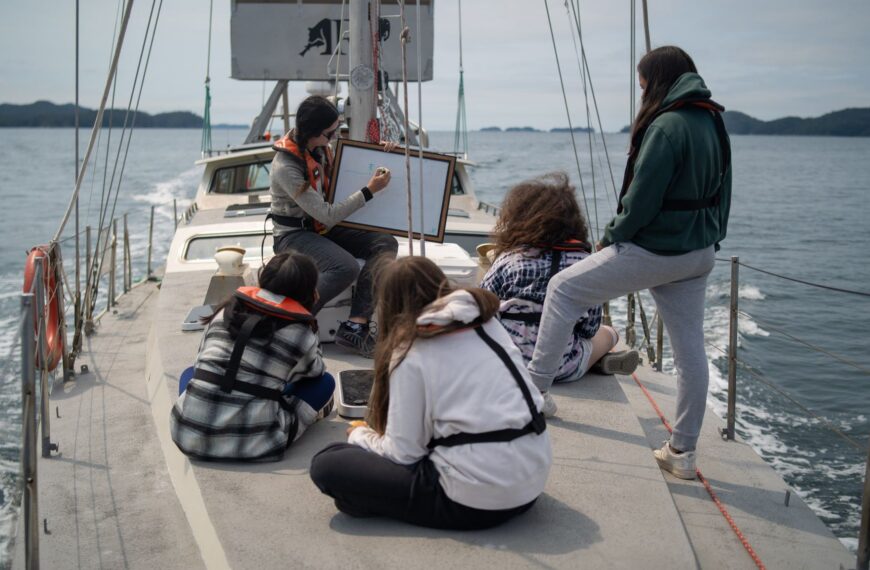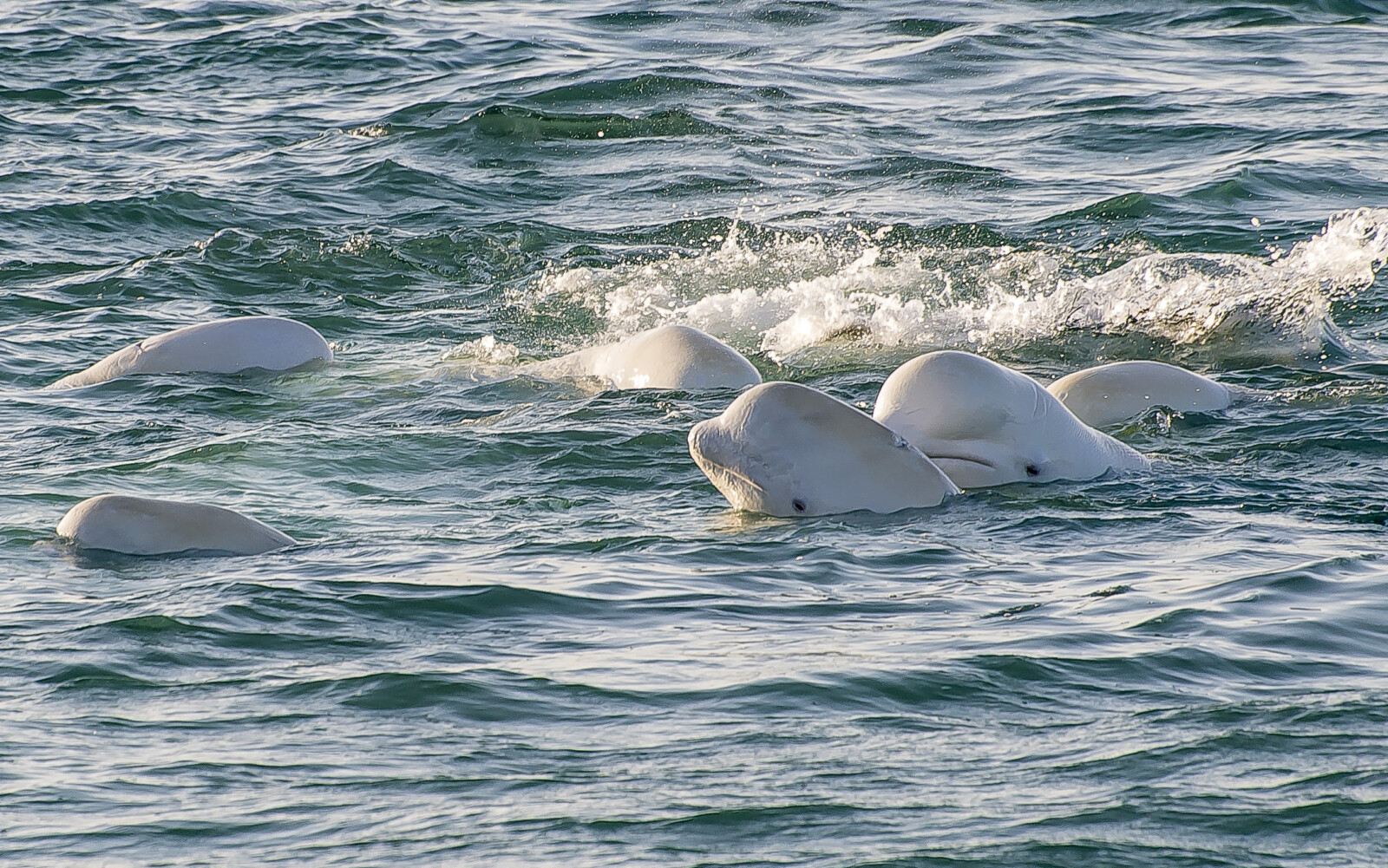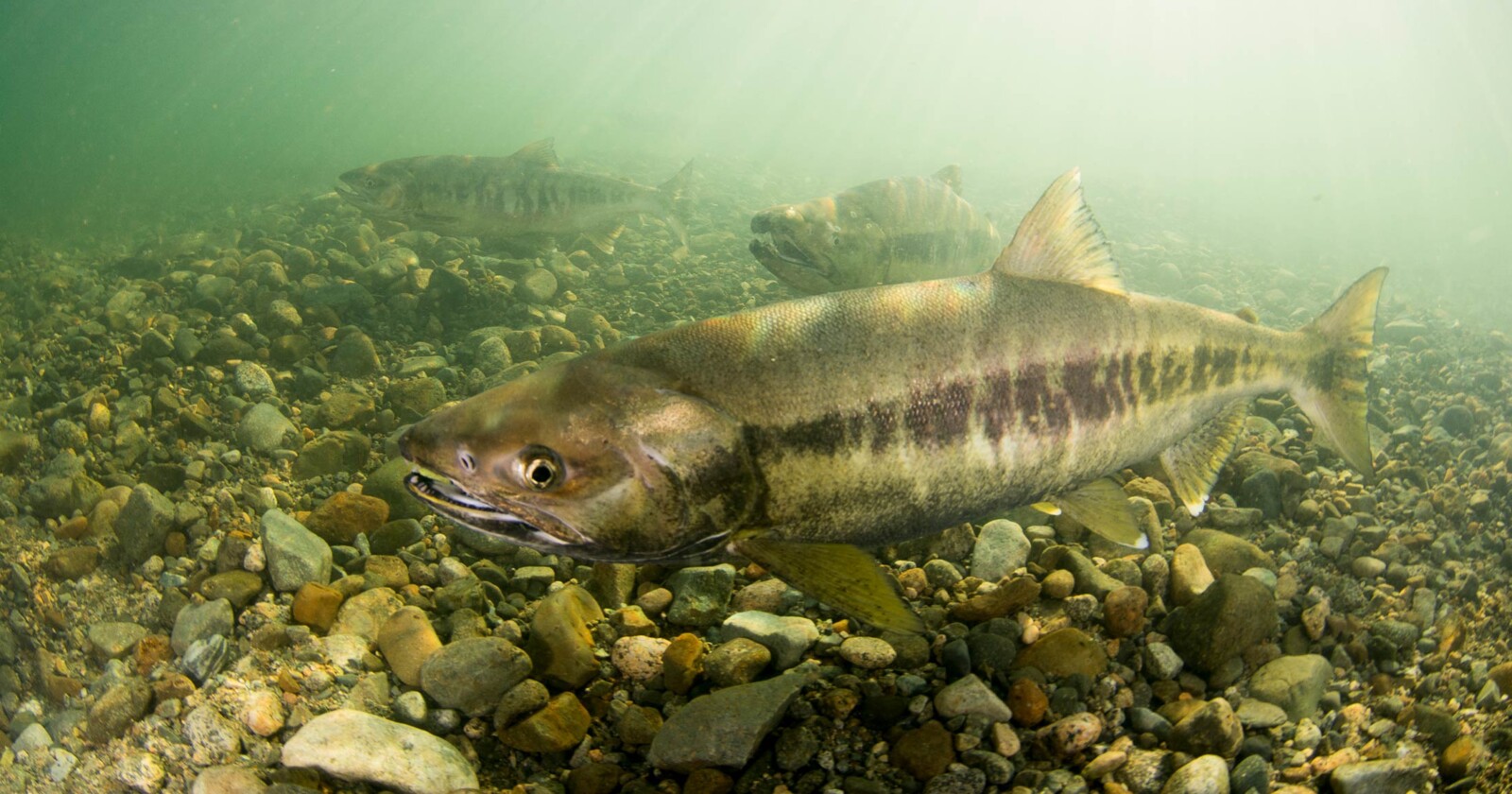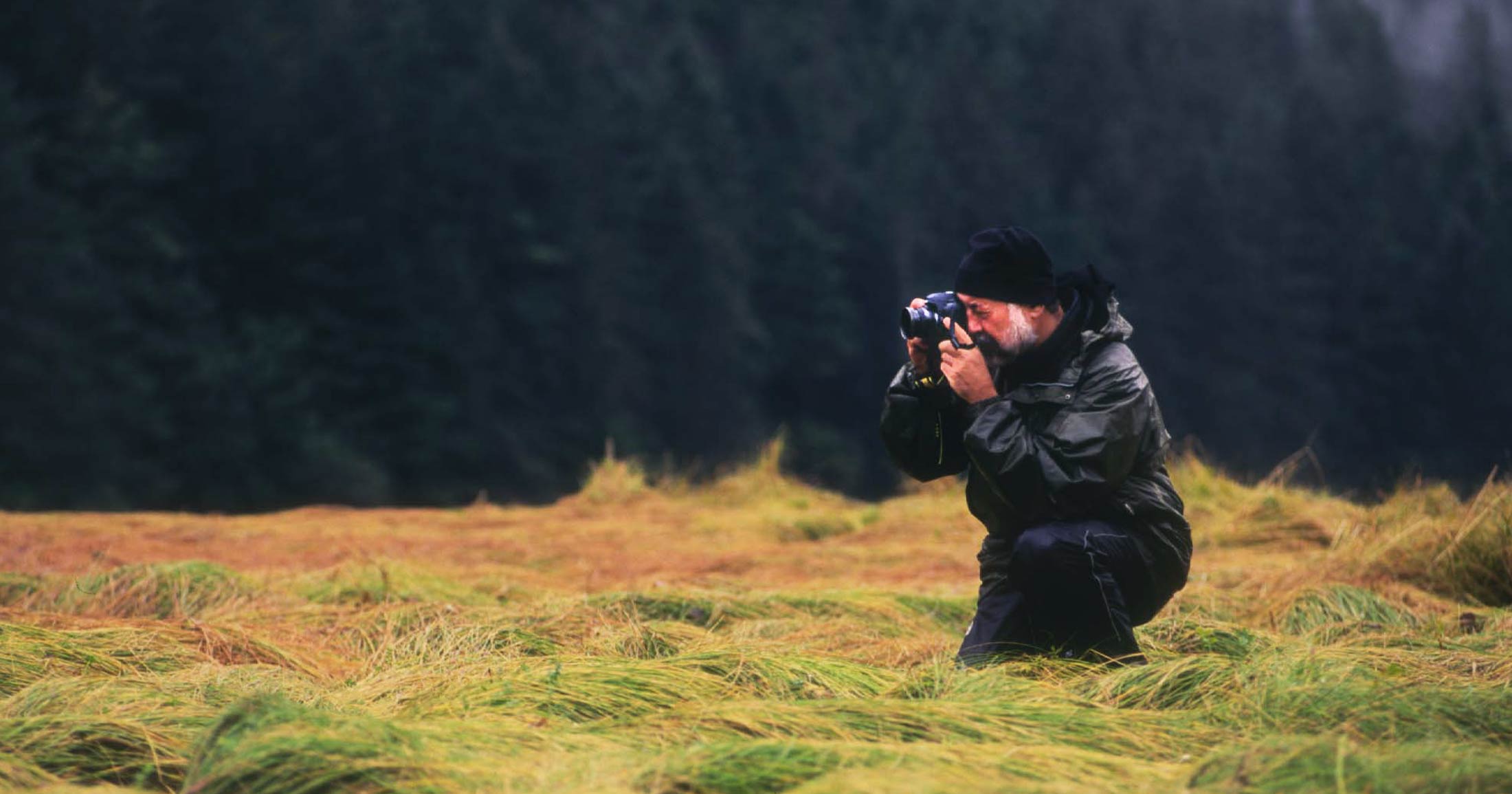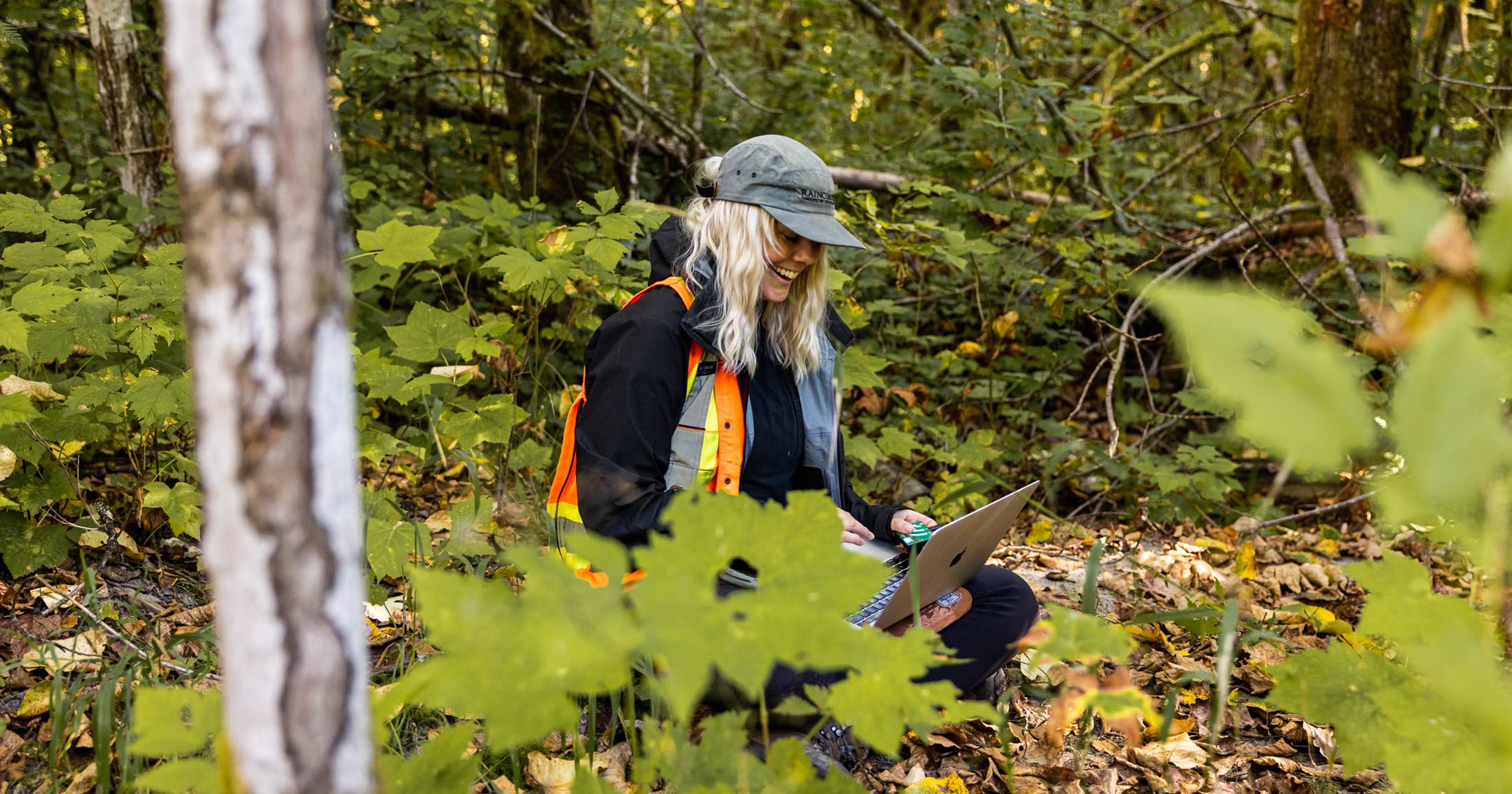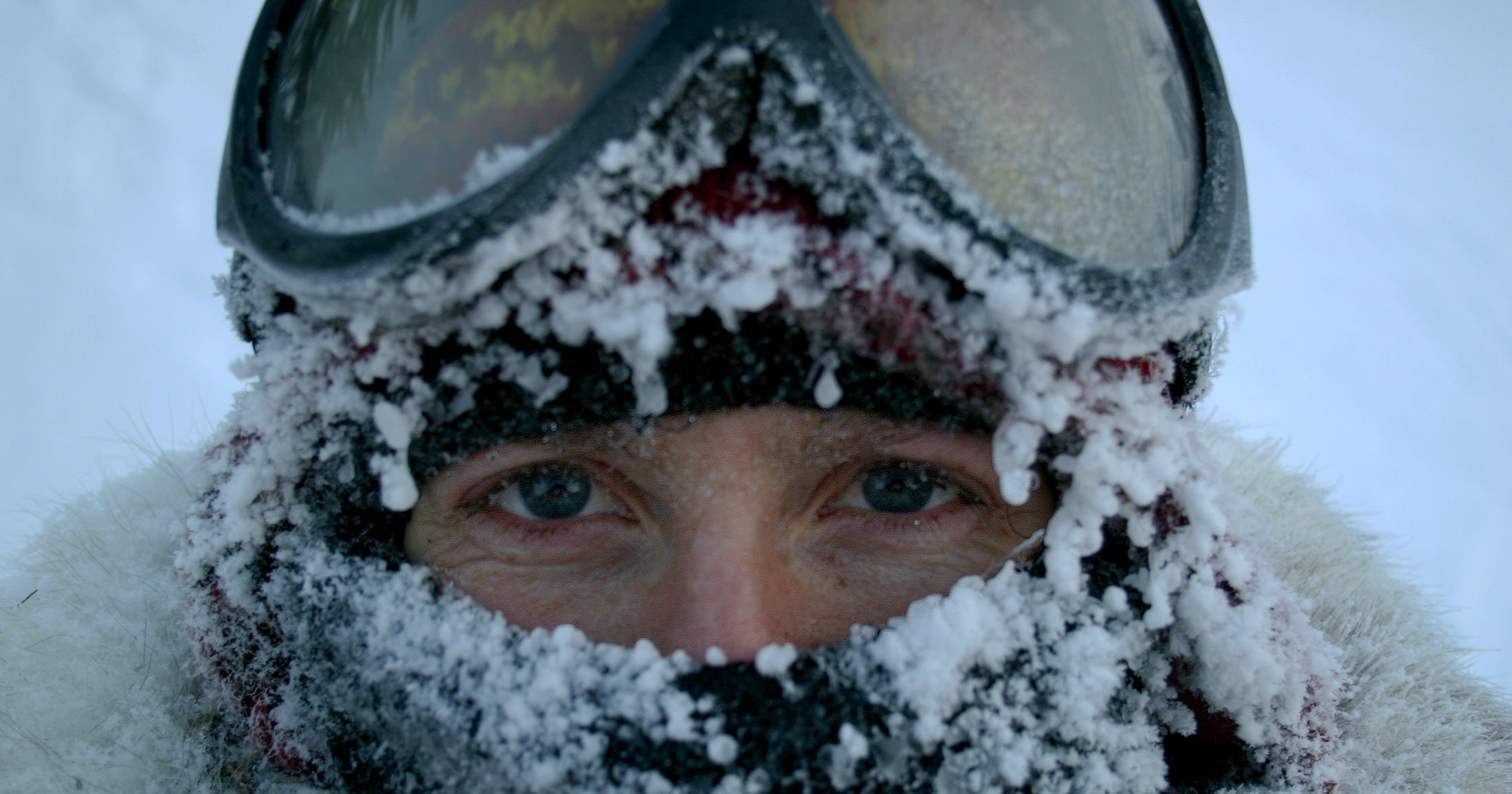Conservation groups launch ‘drift card’ study to measure oil spill impact
By Colleen Kimmett, The Tyee
High school students from the Tsleil-Waututh First Nation, along with several reporters, were invited aboard the Raincoast Conservation Foundation’s research boat Achiever in Vancouver’s English Bay Thursday afternoon for the release of the first batch of 1,000 yellow plywood ‘drift cards’ that will be dropped along tankers’ route to the open ocean.
Key locations between English Bay and Victoria’s Race Rocks were chosen based on what Raincoast and the Georgia Strait Alliance — the two groups behind the initiative — say are danger zones for tankers carrying oil.
The cards are marked with information about the project, and an individual number and letter to indicate its starting point. Members of the public who find these cards on shore are asked to report back to the organizations, giving researchers an idea of how oil would be dispersed in the case of a spill.
To read the full article please visit The Tyee website.
You can help
Raincoast’s in-house scientists, collaborating graduate students, postdoctoral fellows, and professors make us unique among conservation groups. We work with First Nations, academic institutions, government, and other NGOs to build support and inform decisions that protect aquatic and terrestrial ecosystems, and the wildlife that depend on them. We conduct ethically applied, process-oriented, and hypothesis-driven research that has immediate and relevant utility for conservation deliberations and the collective body of scientific knowledge.
We investigate to understand coastal species and processes. We inform by bringing science to decision-makers and communities. We inspire action to protect wildlife and wildlife habitats.


